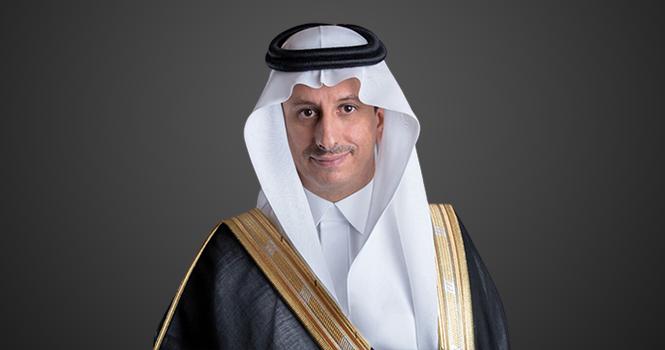
Saudi Arabia to change the global tourism map: Al Khateeb
Saudi Arabia will change the global tourism map, Ahmed Al Khateeb, Minister of Tourism and Chairman of the Executive Council of the United Nations World Tourism Organization (UNWTO), said. He highlighted that the opportunities and facilities it offers to investors will make the tourism sector more attractive, as the country is making remarkable progress in building the sector.
According to a ministry statement, Al Khateeb added during the Investing in Tourism: Opportunities and Challenges for Sustainable Financing Conference that the Kingdom has developed systems to attract investment and has facilitated procedures for investors. It has also made access easier through the electronic visa, achieving significant milestones regarding tourist and visitor numbers over the past year.
Saudi Arabia aims to be among the major competing countries for attracting investments, having put in place all the necessary requirements for this. It has succeeded in achieving all the goals, plans, and strategies it set, and the number of investments that have started to come in is substantial.
The Kingdom invests $800 billion in the creation of tourism projects and destinations, the highest amount in the world, aiming to add more than 250,000 rooms in the coming years. This represents a significant addition to tourism in the region.
Saudi Arabia, in collaboration with member countries of the organization in the Middle East, is working on developing the tourism sector in the region due to its global importance. He noted that the countries in the region have all the requirements for successful investment in the tourism sector, Al Khateeb added.
The countries in the region are are on the right track and started to develop plans and strategies to benefit from this promising sector. He mentioned that the region has great potential and resources that enable it to lead global tourist destinations.
Saudi Arabia has begun developing the tourism sector as part of the Kingdom’s Vision 2030. He stated that the development efforts have successfully increased the sector's contribution from 3% to 4.5% of the Kingdom's GDP by the end of last year, aiming to reach a 10% contribution by 2030.



























